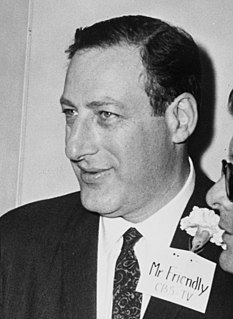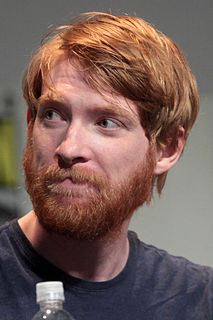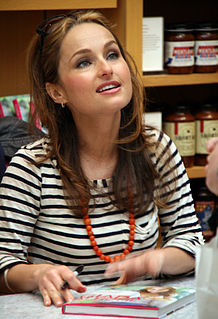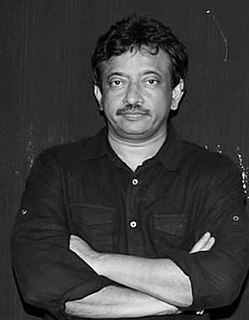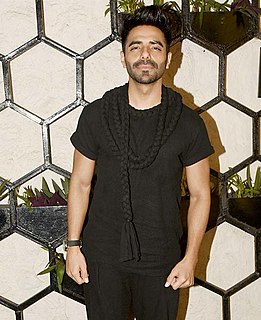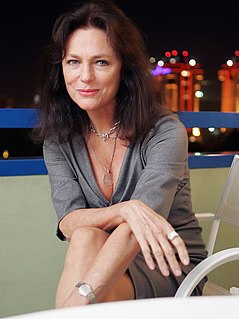A Quote by Fred W. Friendly
I have a motto: My job is not to make up anybody's mind but to make the agony of decision making so intense that you can escape only by thinking.
Related Quotes
Only an open mind still has room for new knowledge. What is outgrown and used up must be discarded to make room for what is yet to be learned. And much of the best thinking is done alone-in deserts, on beaches, in bed, behind closed doors. It is why we say we need to get away-to escape from clutter and busyness-to hear ourselves think.
Collectivism takes on many guises and seldom uses its own real name. Words like 'community' and 'social' soothe us into thinking that collectivist decision-making is somehow higher and nobler than individual or 'selfish' decision-making. But the cold fact is that communities do not make decisions. Individuals who claim to speak for the community impose their decisions on us all.
